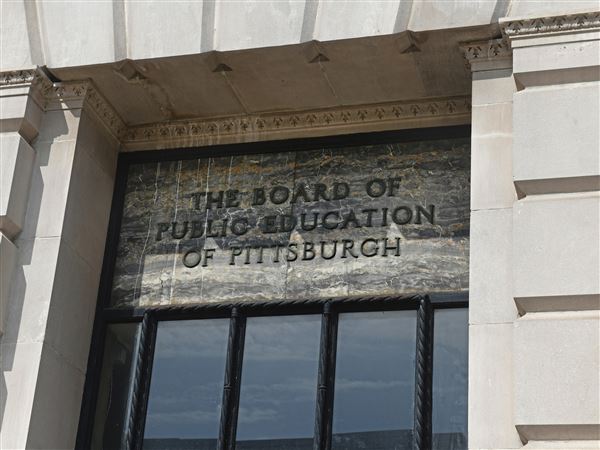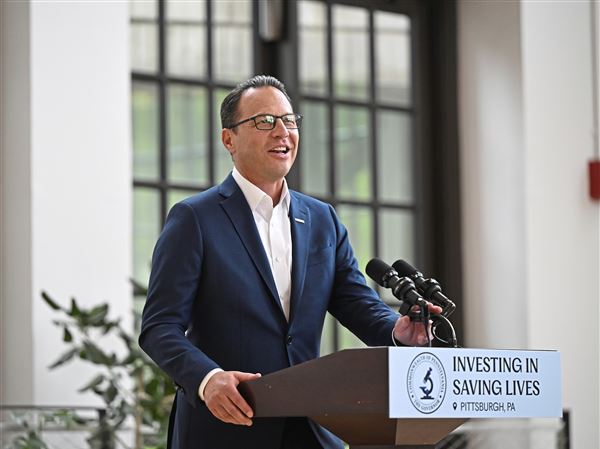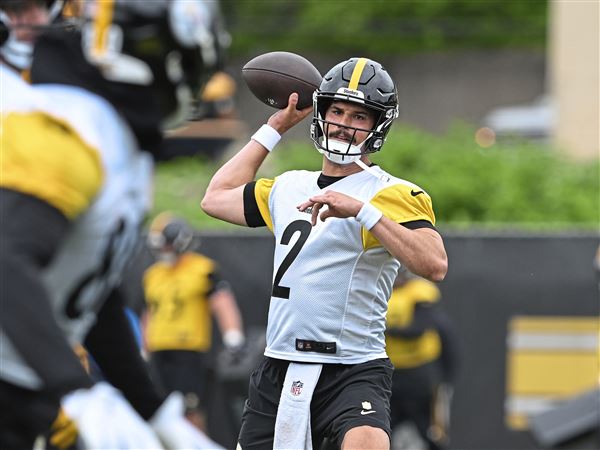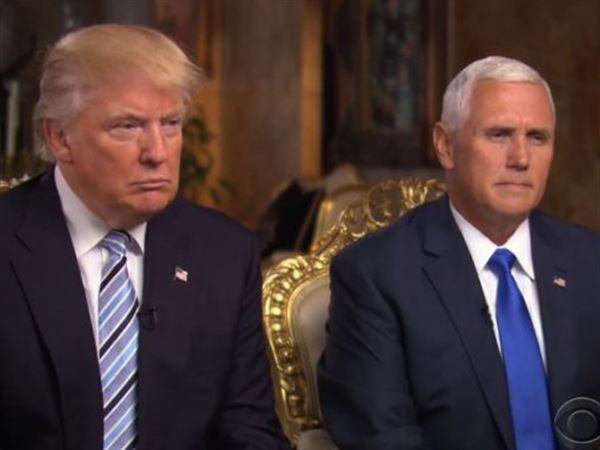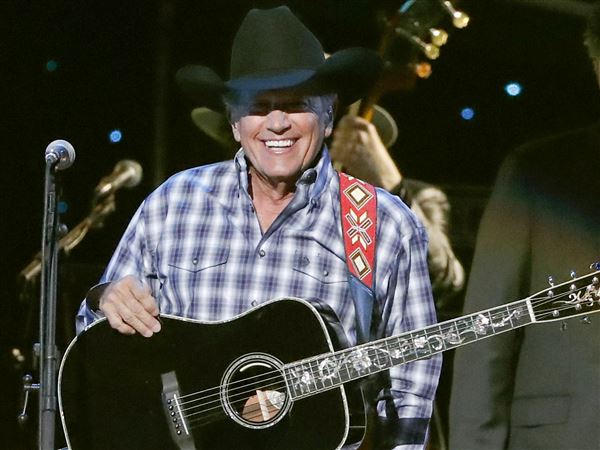R&B/HIP-HOP
JORDIN SPARKS 'JORDIN SPARKS' (19 RECORDINGS/JIVE)

There are some notable firsts associated with the winning debut of this year's "American Idol." Sparks, who is nearly 20, is the first victor to join the producer's label rather than Sony/BMG with a championship disc not exec-produced by Clive Davis.
Maybe Clive's scared to get into a Kelly Clarkson catfight with Sparks. Maybe the one-time Christian balladeer with the powerful lungs and the relaxed R&B melodic style had her own ideas. Everything from the tender trap of "See My Side," with its subtle vocal harmony flourishes, to the tremors of "God Loves Ugly" shows Sparks' mark.
Her debut's most potent display -- she was 17 when she recorded this -- is the teen-pop-hop of "No Air," a breathlessly silly thing she did with Michael Jackson clone Chris Brown. Then there are dear electro-pop tracks like "Shy Boy" (produced by the same team that did most of Britney Spears' "Blackout") that manage to show the soulful sweet side of Euro-dance that Britney can't ever entertain again. It's a charming effort. Sparkly, even.
-- A.D. Amorosi, Philadelphia Inquirer
CASSIDY
'B.A.R.S.: THE BARRY ADRIAN REESE STORY' (FULL SURFACE/J)

FREEWAY 'Free at Last' (Roc-A-Fella)

Philadelphia MCs Barry Reese and Leslie Pridgen -- Cassidy and Freeway to you -- cover this town's hip-hop waterfront. Cassidy is smooth, giddy, freaky and teasing. Freeway is salty, gruff, frank and taunting. Cassidy pop-hops all over the place, while Freeway keeps a steady, even flow, with his Muslim beliefs acting as a counterweight to his well-known lyrical mean streak.
This doesn't mean Cassidy isn't capable of banging. His easy vocal flow and simple, money-hungry rhymes make it possible to fit into the hard Swizz Beats-produced "I Give My Paper" as well as the dippy dancehall dramas like "Innocent Man." But while that track chatters with Cassidy's pleas for justice (he was jailed for involuntary manslaughter), there's a ruminative lyrical soul within even-sweeter songs like the gospel-ish "Leaning on the Lord," with Angie Stone, and the mellow "Celebrate," with John Legend.
Freeway, on the other hand, is incapable of pop. His raspy, Black Adder approach to exec-producer 50 Cent's surprisingly lilting "Take It to the Top" is a mess. Luckily, it's the only mess here. Freeway's guttural mumble and his equally ardent looks at ultraviolence and devout spirituality are an acquired taste -- like fine triple malt scotch. That strong gulp goes toe-to-toe with more finessed MCs: label-boss Jay Z on the rugged "Roc-A-Fella Billionaires," menacing Lil' Wayne on the slippery "Step Back" -- as well as shining on alone-time tracks like "Still Got Love."
-- A.D. Amorosi
JAZZ
ORBIT ORBIT/NEIL LARSEN (STRAIGHT AHEAD)

I must confess that Larsen, who has toiled in the L.A. studios for three decades with the likes of Dan Fogelberg, Rickie Lee Jones and Kenny Loggins but is probably best known for his early-1980s pop forays with guitarist Howard "Buzz" Feiten, is one of the very, very few artists by whom I will buy a recording without hearing any of it first. Such was the case with "Orbit," the name of both the band he assembled for this project and the opening track; it represents the first release from the Cleveland-born, Tampa-reared keyboardist/composer since 1988's "Smooth Talk" and only his fifth overall, and I wasn't at all disappointed.
By design, half of the dozen selections are actually rearrangements of material he wrote, scored and recorded for his first two solo albums in the late 1970s and the Larsen-Feiten Band's eponymous 1980 debut album, all produced by Tommy LiPuma; another old tune, "Midnight Pass," had been done by Sea Level, a split-off from the Allman Brothers Band. But this particular recording was done live, without overdubs, auxiliary percussion or synthesizers -- just Larsen on Hammond M3 organ and acoustic piano, backed as always by some of the best players in the business. That alone makes the sound far more organic and fresher than most contemporary jazz recordings these days.
It's hard to pick out any of the selections as particularly outstanding, but of the classic material I'd have to go with the stately "Aztec Legend," originally from the first Larsen-Feiten record; and the bouncy "Sudden Samba." "Demonette," using a graceful, slightly dissonant rubato piano opening alongside fills from guitarist and ex-Yellowjacket Robben Ford, eventually shifts to some smooth soprano saxophone from Gary Meek. The delicate ballad "Red Desert" also allows Ford, considered more of a bluesman, to channel his inner Wes Montgomery.
The best of the new tunes is the hard, slow, funky "Day Train," with greasy organ from Larsen and nimble trumpet courtesy of Lee Thornburg, formerly of Jack Mack and the Heart Attack and Tower of Power. "C Note" and "Shing," both with a more traditional acoustic jazz feel, recall ever so slightly some of the old Blue Note sides of the 1950s and '60s.
My only complaint is that bassist Jimmy Haslip, a mainstay of the Yellowjackets, doesn't get a chance to cut loose, staying on the bottom throughout. But maybe the music didn't call for that.
-- Rick Nowlin, Post-Gazette staff writer
CLASSICAL
PROKOFIEV'S SYMPHONY NO. 5 JUROWSKI, RUSSIAN NATIONAL ORCHESTRA (PENTATONE)
Like his compatriot Shostakovich, Prokofiev composed his Fifth Symphony after a craggy, modernistic fourth, to appease a Stalinist regime that demanded an accessible, melodic style. Prokofiev's Fifth -- full of infectious tunes and toe-tapping rhythms -- has been an audience favorite since its premiere in 1944. Quite astonishing is the composer managed to keep his individuality and profile while working within the government-imposed restrictions. His cadences are particularly original, always a pleasant bit of a psychological jolt.
This live recording from 2005 by the Russian National Orchestra under Vladimir Jurowski is nothing if not authentic, and in superb sound, is as satisfying as any on the market. The fast movements are full of spirit and virtuosic in effect; the lyrical moments are long-breathed and intermittently soulful.
Fascinating too, is the included, virtually unknown "Ode to the End of the War," a one-of-a-kind oddball piece scored for eight harps, four pianos, wind band, percussion and eight basses. It has to be heard to be believed.
-- Robert Croan, Post-Gazette senior editor
First Published: November 29, 2007, 5:00 a.m.
